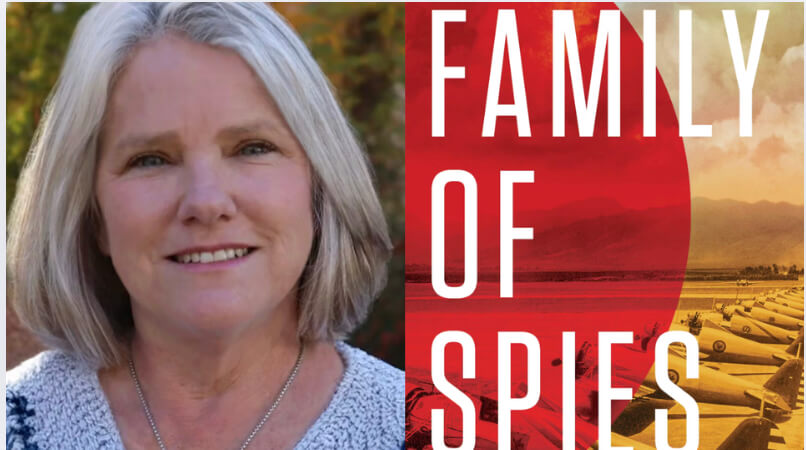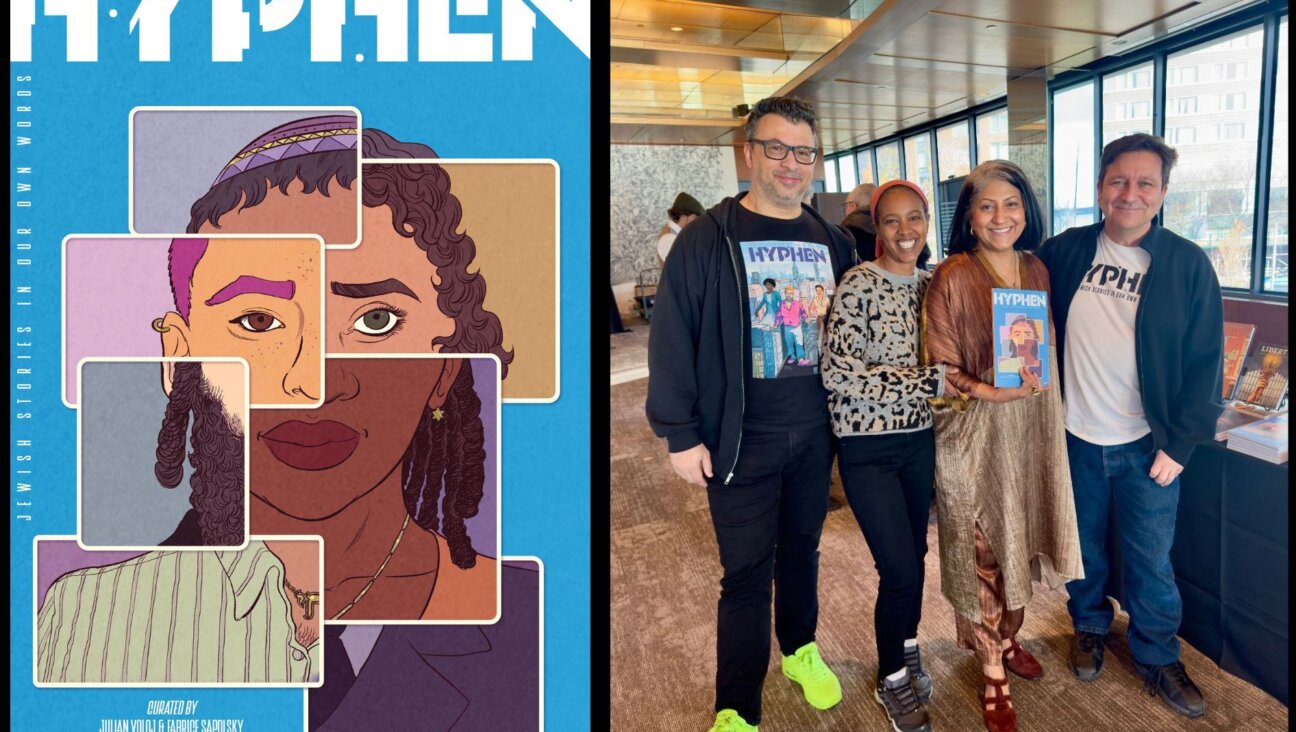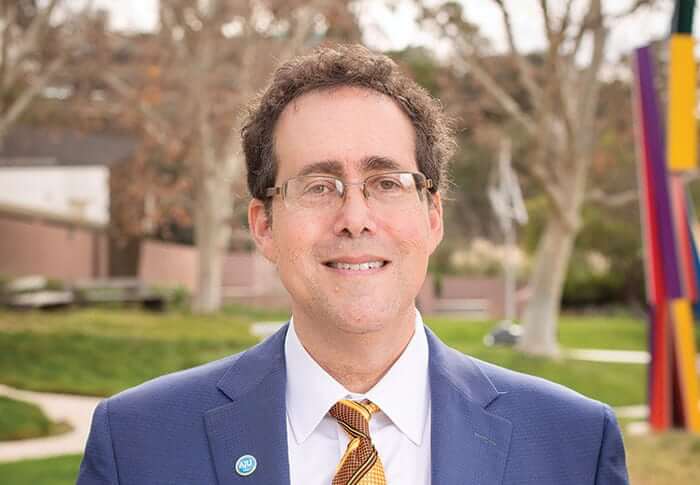Author Blog: Dreaming in Mother Tongues

Graphic by Angelie Zaslavsky
Earlier, Hannah S. Pressman wrote about the idea behind “Choosing Yiddish: New Frontiers of Language and Culture” and when she first began to study Yiddish. Her blog posts are featured on The Arty Semite courtesy of the Jewish Book Council and My Jewish Learning’s Author Blog Series. For more information on the series, please visit:
Zi kholmt — she dreams.
In Irena Klepfisz’s remarkable poem, “Etlekhe verter oyf mame-loshn / A few words in the mother tongue,” the speaker presents different female identities in the form of a Yiddish vocabulary list. The poem toggles seamlessly between Yiddish and English, but gradually, the bilingualism of the middle stanzas gives way to a series of incantations solely in the mame-loshn of Yiddish.
Here is Klepfisz’s haunting final refrain:
zi kholmt
zi kholmt
zi kholmt
She dreams / she dreams / she dreams. What strikes me about these verses? The insistent female pronoun, zi; the fact that the poem has shifted irrevocably into Yiddish; the notion that a poem all about language ends with a verb not indicating speaking or singing, but rather, dreaming.
When I have been most immersed in learning a language, I have begun to dream in that tongue. It happened to me in Israel when I was studying Hebrew intensively, and when I was taking Hebrew-only grad seminars. And it happened to me during my YIVO summers, too. These dreams were vivid and surprising. I recall myself speaking and hearing others speak, and being quite conscious within the dream of the linguistic situation. Never, to my knowledge, did I break the spell and begin to talk in English instead.
Languages permeate our beings, our psyches, our worldviews. Cognitive psychologists and sociolinguists tell us that languages directly impact how we construct reality. The way we perceive and remember our lives can be linked to the grammar of our mother tongues.
And somehow, through a complex combination of synapses, signals, and syntax, languages can shape the hyper-reality of dream space, too.
To sleep: perchance to dream… in Yiddish.
Hannah S. Pressman is the co-editor, with Lara Rabinovitch and Shiri Goren, of “Choosing Yiddish: New Frontiers of Language and Culture.” She is the editor of stroumjewishstudies.org and affiliate faculty for the University of Washington’s Stroum Jewish Studies Program.
The Jewish Book Council is a not-for-profit organization devoted to the reading, writing and publishing of Jewish literature. For more Jewish literary blog posts, reviews of Jewish books and book club resources, and to learn about awards and conferences, please visit www.jewishbookcouncil.org.
MyJewishLearning.com is the leading transdenominational website of Jewish information and education. Visit My Jewish Learning for thousands of articles on Judaism, Jewish holidays, Jewish history and more.
















